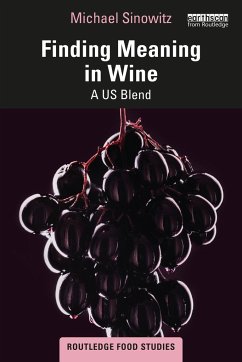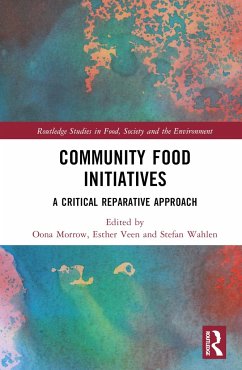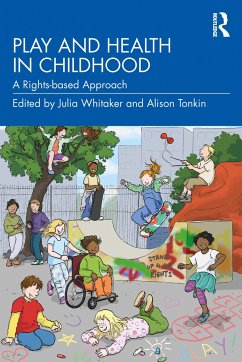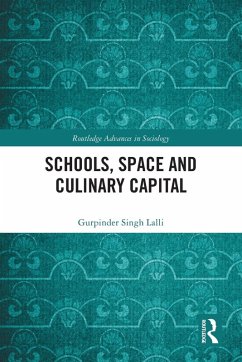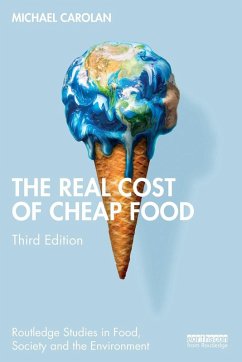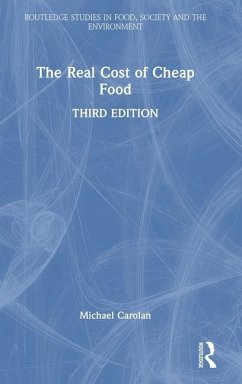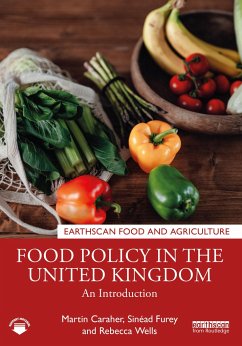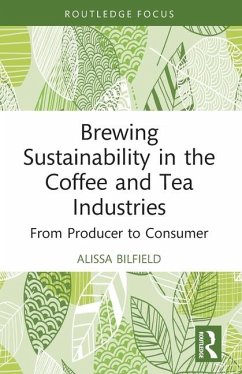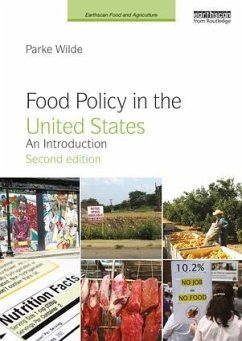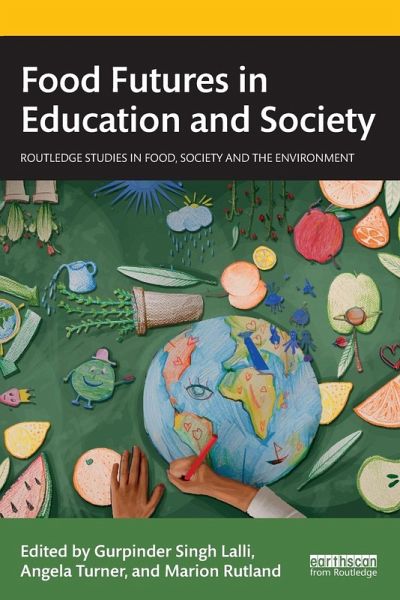
Food Futures in Education and Society
Versandkostenfrei!
Versandfertig in 6-10 Tagen
42,99 €
inkl. MwSt.

PAYBACK Punkte
21 °P sammeln!
This book brings together a unique collection of chapters to facilitate a broad discussion on food education that will stimulate readers to think about key policies, recent research, curriculum positions and how to engage with key stakeholders about the future of food.Food education has gained much attention because the challenges that influence food availability and eating in schools also extend beyond the school gate. Accordingly, this book establishes evidence-based arguments that recognise the many facets of food education, and reveal how learning through a future's lens and joined-up thin...
This book brings together a unique collection of chapters to facilitate a broad discussion on food education that will stimulate readers to think about key policies, recent research, curriculum positions and how to engage with key stakeholders about the future of food.
Food education has gained much attention because the challenges that influence food availability and eating in schools also extend beyond the school gate. Accordingly, this book establishes evidence-based arguments that recognise the many facets of food education, and reveal how learning through a future's lens and joined-up thinking is critical for shaping intergenerational fairness concerning food futures in education and society. This book is distinctive through its multidisciplinary collection of chapters on food education with a particular focus on the Global North, with case studies from England, Australia, the Republic of Ireland, the United States of America, Canada and Germany. With a focus on three key themes and a rigorous food futures framework, the book is structured into three sections: (i) food education, pedagogy and curriculum, (ii) knowledge and skill diversity associated with food and health learning and (iii) food education inclusivity, culture and agency. Overall, this volume extends and challenges current research and theory in the area of food education and food pedagogy and offers insight and tangible benefits for the future development of food education policies and curricula.
This book will be of great interest to students, scholars, policymakers and education leaders working on food education and pedagogy, food policy, health and diet and the sociology of food.
Food education has gained much attention because the challenges that influence food availability and eating in schools also extend beyond the school gate. Accordingly, this book establishes evidence-based arguments that recognise the many facets of food education, and reveal how learning through a future's lens and joined-up thinking is critical for shaping intergenerational fairness concerning food futures in education and society. This book is distinctive through its multidisciplinary collection of chapters on food education with a particular focus on the Global North, with case studies from England, Australia, the Republic of Ireland, the United States of America, Canada and Germany. With a focus on three key themes and a rigorous food futures framework, the book is structured into three sections: (i) food education, pedagogy and curriculum, (ii) knowledge and skill diversity associated with food and health learning and (iii) food education inclusivity, culture and agency. Overall, this volume extends and challenges current research and theory in the area of food education and food pedagogy and offers insight and tangible benefits for the future development of food education policies and curricula.
This book will be of great interest to students, scholars, policymakers and education leaders working on food education and pedagogy, food policy, health and diet and the sociology of food.





